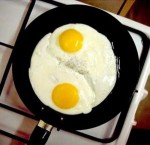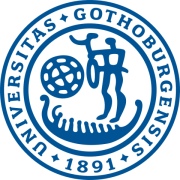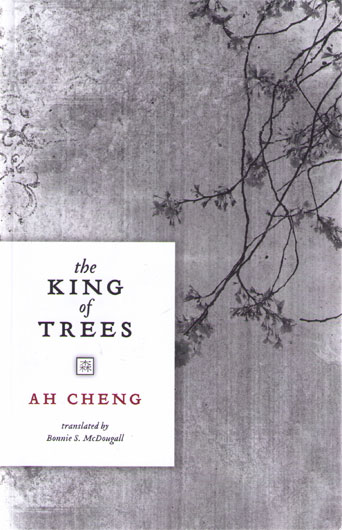In Ah Cheng’s novel 棋王 (Chess King) from 1984, the protagonist Wang Yisheng is controlled by two great passions: playing chess and eating. In his Chinese Way of playing chess he is very indebted to Daoist symbolism: “‘Softness isn’t weakness – it is taking in, gathering in, holding in’ he said. ‘To To hold and assimilate is to bring your opponent within your strategy. This strategy is up to you to create; you must do all by doing nothing. To do nothing is the Way, and it is also the invariant principle of chess.” (Ah Cheng: The King of Trees. Bonnie McDougall transl. New York: NDP, 2010. pp. 75)
 This advocacy for Daoist 无为 non-action in chess-playing (The ‘Dao’ 道 in Daoism literally means the Way) appears along with reference to the complementary principles of yin and yang, nicely evocative of the black and white aesthetics of a chess board, so important in the Daoist world view.
This advocacy for Daoist 无为 non-action in chess-playing (The ‘Dao’ 道 in Daoism literally means the Way) appears along with reference to the complementary principles of yin and yang, nicely evocative of the black and white aesthetics of a chess board, so important in the Daoist world view.
The discourse of Daoism might likewise provide a significant angle to understanding Wang Yisheng’s attitude toward food, so at the moment I’m looking into the role of food and eating in Daoism. Today I came across this slightly eco Daoist article (published in World Religions in Education 2009) by former professor of philosophy at Durham University David Cooper, in which he states that:
“Spiritual traditions in which eating and food figure as significant issues will need to be ones where no dualism is posited between soul and body and where physical desires are not peremptorily condemned as obstacles on the spiritual path. […] But the clearest example, perhaps, of a major spiritual tradition that meets these conditions, and in which the importance of food has always been acknowledged, is Daoism. For the Daoist, the mental is not a realm set apart from the physical: rather, it is characterized by a refinement of the very same energy that flows through all existence.”
 Though one might protest that food also plays an important role in the Abrahamic religions (just check out Jordan Rosenblum’s study of food regulations in early Judaism), a thing Cooper seems to rule out, I agree very much with Cooper in his accentuation of the importance of food in Daoism.
Though one might protest that food also plays an important role in the Abrahamic religions (just check out Jordan Rosenblum’s study of food regulations in early Judaism), a thing Cooper seems to rule out, I agree very much with Cooper in his accentuation of the importance of food in Daoism.
Eating is how humans incorporate their surroundings, and take part in the constant change and transformation that characterizes the Daoist understanding of the Universe. The next step is to compare Daoist eating prescriptions and practises with Wang Yisheng’s obsession with food.
 “Many critics have noted Ah Cheng’s extensive use of Daoist imagery and symbolism in his novella The King of Chess from 1984. The story refers directly to Daoist discourse of non-action (无为 wuwei) and the power of yielding/softness in its treatment of the Chinese Way (道 dao) of chess, and thus readings have focused on the metaphysical aspects of Daoism. Chess, however, is only one of the two great passions of the story’s protagonist Wang Yisheng: The other is food. This very material aspect of life and its relation to Daoist thought is the subject of this paper.
“Many critics have noted Ah Cheng’s extensive use of Daoist imagery and symbolism in his novella The King of Chess from 1984. The story refers directly to Daoist discourse of non-action (无为 wuwei) and the power of yielding/softness in its treatment of the Chinese Way (道 dao) of chess, and thus readings have focused on the metaphysical aspects of Daoism. Chess, however, is only one of the two great passions of the story’s protagonist Wang Yisheng: The other is food. This very material aspect of life and its relation to Daoist thought is the subject of this paper.




 Just now setting out on my new project of exploring the writings of
Just now setting out on my new project of exploring the writings of